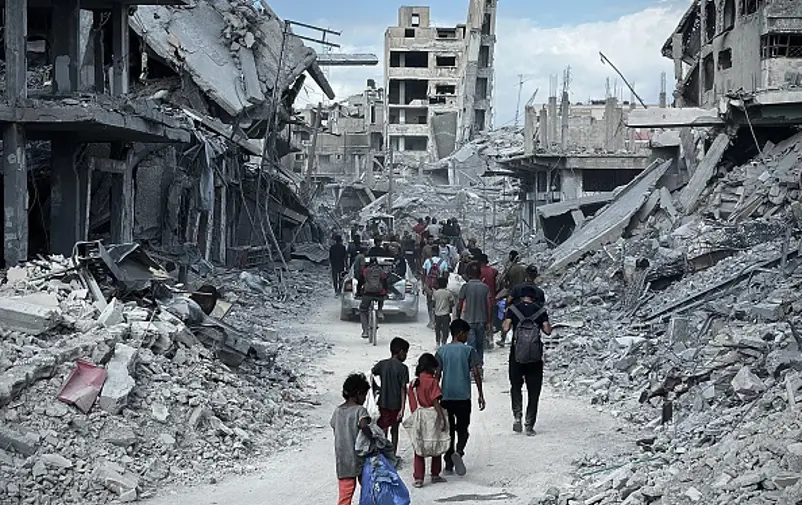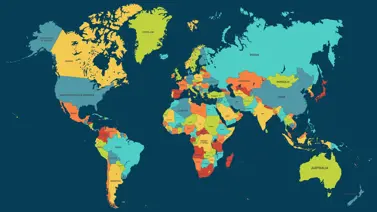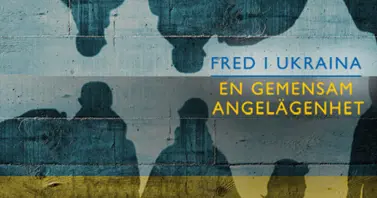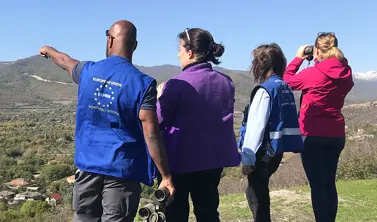What is peace mediation? Understanding the sources of conceptual confusion in the practice and study of mediation
Practitioners and policymakers must clearly define what they mean when using the term “mediation”. This is necessary to help conflict parties understand what to expect from third parties, to establish coordination and communication, increase the acceptability of mediation for conflict parties, and enhance learning across contexts. This brief first explains why this topic is of importance, then examines potential challenges in the definition of mediation, focusing on three tenets of mediation practice that distinguish it from other peacemaking activities: (1) a third party assists negotiations; (2) the mediator provides some minimal level of control or structure over the overall process; and (3) the parties consent to the involvement of the third party and the outcome of the process.
This brief is part of a research brief series generated by a joint initiative by the Folke Bernadotte Academy (FBA) and the African Centre for the Constructive Resolution of Disputes (ACCORD). The aim of the series is to contribute to policy development by bringing cutting-edge research on key issues within mediation to the attention of policy makers and practitioners. The topics to be explored in the series were selected during joint discussions within the FBA initiative “Improving Mediation Effectiveness” throughout 2021-2023. The Initiative brought together policymakers, practitioners, and researchers within the mediation field to discuss challenges and opportunities for greater effectiveness in mediation. The editorial committee has consisted of Dr. Niklas Hultin, Agnes Cronholm, Dr. Johanna Malm and Maja Jakobsson from FBA, and Andrea Prah from ACCORD. We would like to thank the members of the Mediation Support Network for comments. The views and opinions expressed in the brief series are those of the author(s) and do not necessarily reflect the official policy or position of the collaborating partners.
Other publications in the series:
Civil society protests and inclusive peace talks
Coherence, coordination and complementarity? Multi-track mediation and quality peace agreements
DOI: https://doi.org/10.61880/OBVU3377









 >
> >
>

